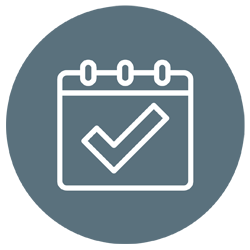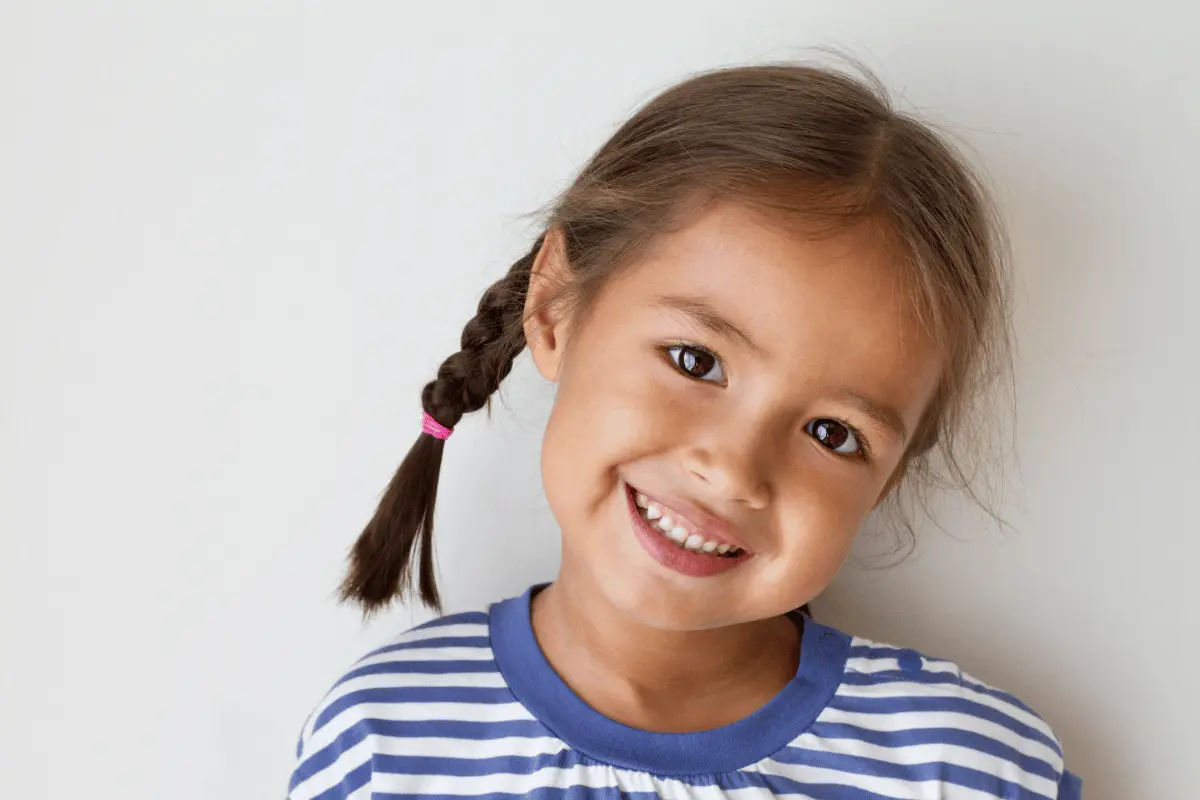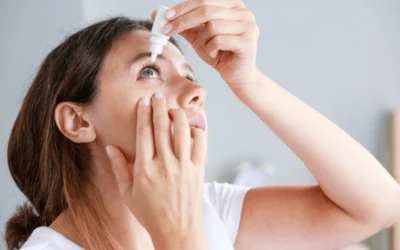Many parents are surprised to learn how early and how often children should have their eyes checked. At Progressive Family Eye Care, our pediatric eye exams in Plymouth can detect issues that affect learning, behavior, and long-term eye health.
Keep reading to learn how often kids need eye exams, what to expect during a visit, and why early eye care matters.
How often should children see an eye doctor?
The American Optometric Association provides guidelines1 to help ensure children’s vision develops properly and potential problems are caught early. The recommended schedule for pediatric eye exams includes:
- Between 6 and 12 months: Your child’s first eye exam to check for early signs of vision problems or eye health issues.
- Between 3 to 5 years: Another exam to monitor visual development, eye alignment, and focusing ability.
- Before starting school: This exam ensures your child has the visual skills needed to succeed in a classroom environment.
- School-age years: Experts recommend annual eye exams during the school years. These visits are even more critical if your child wears glasses or contacts or has any vision concerns.
Children with a family history of eye disease, developmental delays, or premature birth may require more frequent exams. Our eye doctor can recommend the best schedule for your child based on their vision needs and risk factors.
School vision screening vs. pediatric eye exam: what’s the difference?
Many schools provide basic vision screenings, but they only check for distance vision and can easily miss other concerns. In fact, school vision screenings miss up to 75% of children with vision problems2. They’re quick, not comprehensive, and typically done by school nurses rather than trained eye care professionals.
A comprehensive eye exam with an optometrist looks at much more than vision, including eye movement, focus, coordination, and overall eye health. These exams can detect conditions like amblyopia (lazy eye), strabismus (crossed eyes), and uncorrected refractive errors that a school vision screening would likely overlook.
Signs of vision problems in kids
Even if your child doesn’t complain about their eyesight, they may still be struggling to see clearly. Keep an eye out for symptoms like:
- Frequent eye rubbing
- Squinting or covering one eye
- Difficulty reading or focusing on schoolwork
- Avoiding activities that require close-up vision
- Holding books or devices very close
- Complaints of headaches or tired eyes
- Trouble with hand-eye coordination or clumsiness
One in four children has a vision problem that needs diagnosis and treatment3, and some of these signs are subtle or mistaken for learning difficulties. Regular comprehensive pediatric eye exams with an optometrist are the best way to detect these vision issues before they affect learning and development.
What to expect during a pediatric eye exam
At Progressive Family Eye Care, our optometrists make pediatric eye exams as comfortable and stress-free as possible. During the visit, we’ll evaluate:
- Visual acuity (how well your child can see at various distances)
- Eye tracking and teaming
- Depth perception and peripheral vision
- Refraction to determine their prescription if needed
- Eye health, using gentle techniques to examine internal and external eye structures
If your child needs glasses, we offer a wide selection of children’s eyewear that’s durable and designed to fit comfortably. If they’re older and interested in contact lenses, we’ll assess their readiness during a contact lens exam and help them find the right option.
Why pediatric eye exams are important
Approximately 80% of classroom learning is visual4, which means undetected vision problems can impact everything from reading and writing to sports and social interaction. Timely exams allow us to correct issues early, preventing delays in development and academic performance.
Along with vision correction, regular exams help monitor eye health and screen for early signs of more serious conditions. Through routine eye exams, we can support your child’s long-term success and start treatment early when it is most effective.
Schedule your child’s eye exam today
If it’s time for your child’s next eye exam, contact our eye care team in Plymouth or book an appointment online. We’re here to make it easy to stay on top of your child’s vision and eye health.
References:
- (n.d.). Comprehensive eye exams. American Optometric Association Website. Retrieved July 21, 2025, from https://www.aoa.org/healthy-eyes/caring-for-your-eyes/eye-exams
- (2019, July 24). Championing children’s eye care. American Optometric Association. Retrieved July 21, 2025, from https://www.aoa.org/news/inside-optometry/aoa-news/championing-childrens-eye-care
- (2022, August 18). Keeping children’s vision in focus. American Optometric Association Website. Retrieved July 21, 2025, from https://www.aoa.org/news/clinical-eye-care/public-health/keeping-childrens-vision-in-focus
- Dudovitz, R. N., Izadpanah, N., Chung, P. J., & Slusser, W. (2016). Parent, Teacher, and Student Perspectives on How Corrective Lenses Improve Child Wellbeing and School Function. Maternal and Child Health Journal. https://doi.org/10.1007/s10995-015-1882-z





